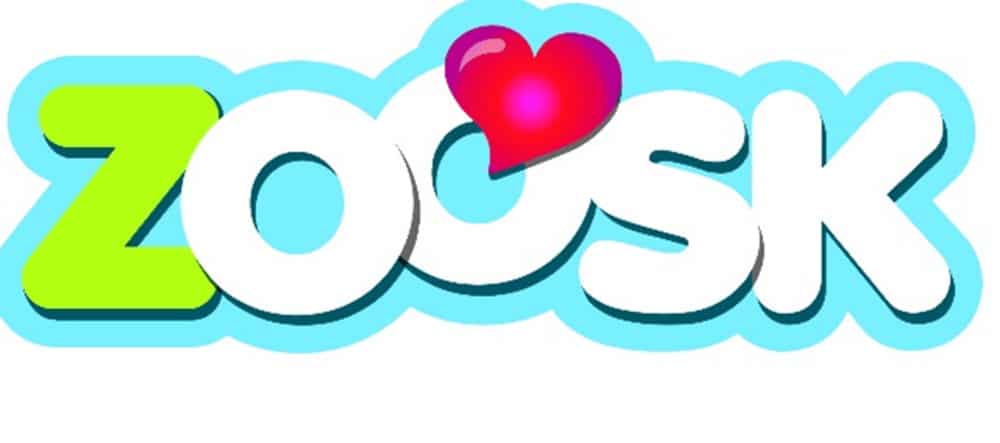Grindr is probably the world’s best-known social networking app for LGBTI people. It’s a global success story born from a simple idea – connecting gay men through GPS. Today, it’s much more than the hook-up app that caught the headlines with its release over a decade ago. Grindr is now active in nearly every country in the world and has millions of users.
But with success comes scrutiny, and Grindr has been facing a lot of criticism of late, particularly over how it uses the data of those millions of users. That criticism led to a court case and, ultimately, a massive fine. Norway, where the approx. $10 million fine was issued, might seem remote to the millions of Grindr users across the Americas. But the case significant, not least due to the fine representing 10% of the company’s turnover – the highest level for a GDPR breach.
Grindr, like many other companies, profits from our data. It can legally sell huge tranches of its users data to third-parties, with around 135 companies said to have worked with Grindr. The argument for this is that the data it sells is not personal, but broad. The company using the data will not know your personal details or be able to target you specifically, but it might learn general information about groups of users. It’s standard practice for most companies using data and cookies.
Grindr’s legal arguments dismissed
The above is what Grindr’s lawyers argued in front of the Norwegian Consumer Council. But here’s the kicker: one of the areas covered by data protection is sexual orientation. And while Grindr’s lawyers maintained it had heterosexual users, the authorities dismissed the argument as absurd. The upshot is that Grindr’s data is useful to some companies because the vast majority of its users are gay men. In the past, for example, Grindr had been slammed for sending users’ HIV data to third-party companies.
Of course, there are darker connotations to the use of data. In 2020, it was reported how Egyptian police were using the Grindr app for hunting – and ultimately, jailing – gay men. Again, like the argument over companies using data, it’s the fact that Grindr is an app for gay networking that is the problem, not something specific the app’s user is doing.
These worries probably won’t bother you if you are in Costa Rica, or somewhere else with a tolerant attitude towards the LGBTI community. But it is also worth noting that there are alternatives out there. Hornet, for example, is commended for its efforts to keep gay men safe in countries where homosexuality is illegal, or it’s simply dangerous to be gay. It is available to use worldwide, but has become particularly popular in places like Turkey.
Zoosk hosts a growing LGBTI community

The other option is to use a dating app inclusive of all sexual orientation. Zoosk, one of the world’s largest dating networks, is a broad church that fits that bill. A significant portion of Zoosk’s 40+ million users is LGBTI, and the platform has made several changes to promote inclusivity. How much does Zoosk cost? Like most apps, it offers free and paid-for plans, with the latter option proving relatively cost-effective for frequent users.
We should also qualify some of what we said earlier by stating that Grindr claims to do be doing plenty to protect its users, both in terms of data protection and protection from homophobic regimes.
But, despite marketing itself as a dating and social network site, it still remains a hook-up app to connect people for sexual encounters. While there is nothing wrong with that, it’s not what every gay man wants. There are many other options out there, particularly as inclusivity is part of nearly every popular dating app’s remit in 2021.
This article is an advertorial. Its content was not produced by The Tico Times.






